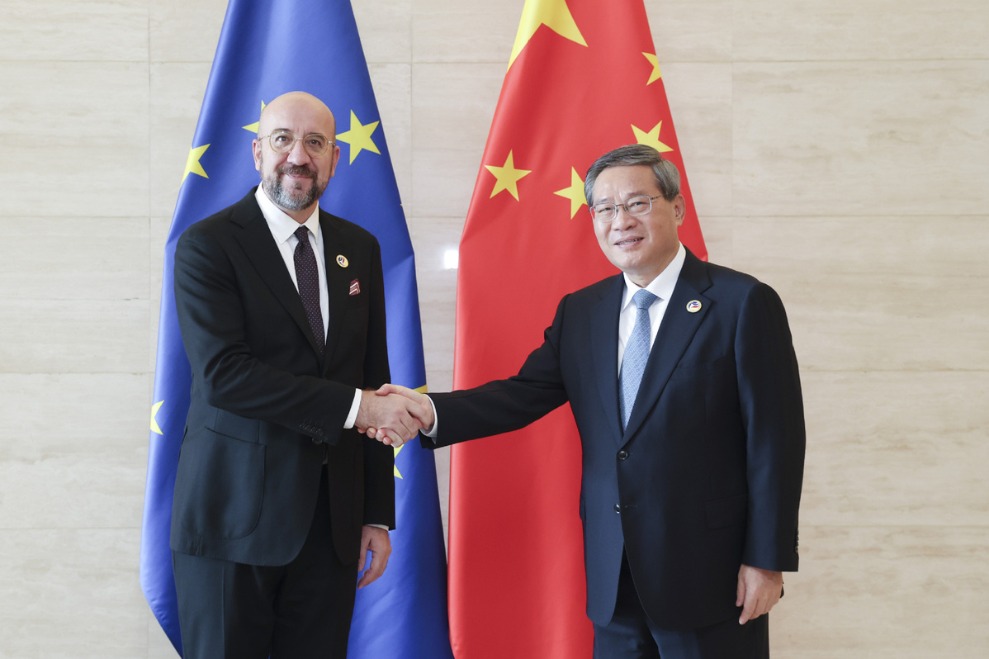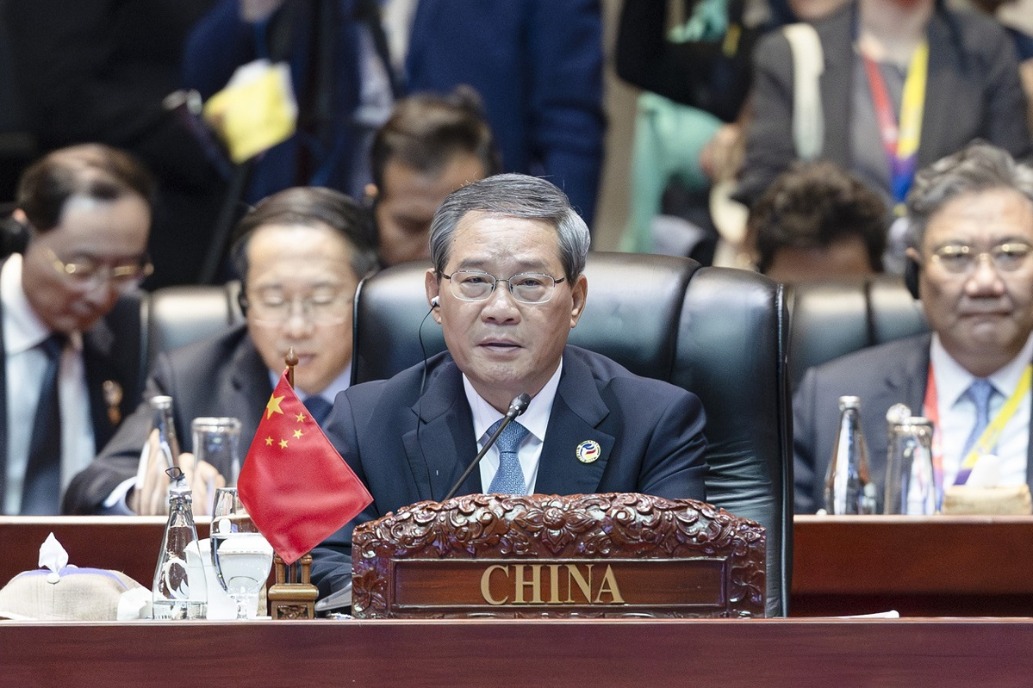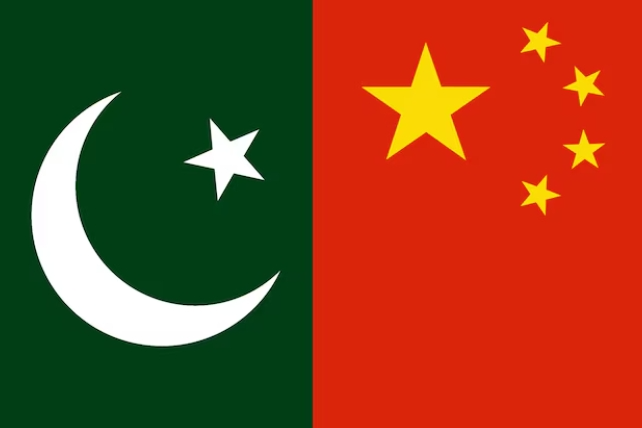Countries call for greater importance attached to economic, social, cultural rights

GENEVA -- China and like-minded countries on Friday highlighted the importance of economic, social and cultural rights (ESC rights) at a UN session, saying that the current imbalance between ESC rights and civil and political rights has undermined the promise for a world free from fear and want, which has further exacerbated inequality.
Chen Xu, head of the Chinese Mission to the United Nations (UN) at Geneva, delivered a joint statement on Friday at the ongoing 54th session of the UN Human Rights Council, on behalf of the core group of the resolution on promoting and protecting ESC rights within the context of addressing inequalities, which consists of Bolivia, Egypt, Pakistan, South Africa and China.
Chen said that the Universal Declaration of Human Rights does not place one single human right over another, and countries should not pursue them in an imbalanced and hierarchical manner.
He stressed that all parties should uphold constructive dialogue and cooperation on the basis of equality and mutual respect, and strive for the promotion of all human rights, including ESC rights, in a balanced way.
UN High Commissioner for Human Rights Volker Turk on Friday released his report on ESC rights and COVID-19 recovery at the Council, stressing that without ESC rights, people cannot fully participate in civil and political life.
Globally, public spending on ESC rights is woefully insufficient, he told the Council, adding that by 2030, 84 million children will be out of school and 300 million will not complete primary school and achieve minimal learning proficiency.
Last year, about 2 billion workers in the world were in precarious informal employment, with no social security, and another 2 billion were facing catastrophic or impoverishing health spending, he said.
Globally, almost 600 million people are projected to face hunger by 2030, 2 billion live without access to clean and safe drinking water, and global poverty has risen for the first time in over 20 years, he added.
Turk pointed out that at current trends, by 2030, some 574 million people, or nearly 7 percent of the world's population, will be trapped in extreme poverty.
"We are committed to playing our part and count on your support, practical action and cooperation to improve the situation of economic, social and cultural rights of all people, everywhere," he said.

































